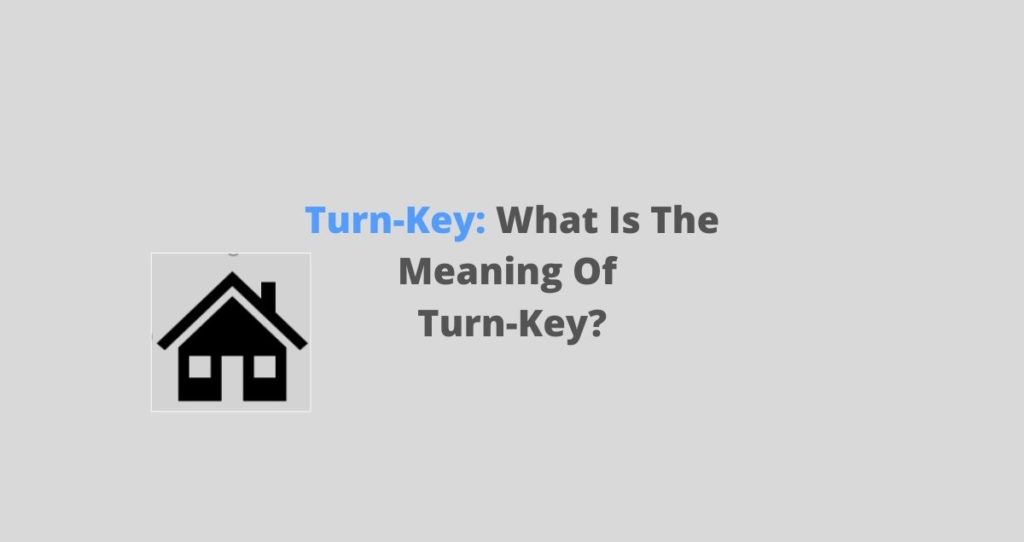What does turn-key mean?
What is the first thing that comes to your mind when you want to buy a house? Some buyers prefer fixer-uppers. These houses cost a little less money and the buyer can make renovations necessary to make the house the way they want it. What if you don’t have time or don’t like to do renovations? In this case, you would consider buying a turn-key house.
So, what is turn-key?
Turn-key is a term used to describe a property that is fully renovated and ready to move in. That is the buyer can move into the house right after the settlement.
Benefits of turn-key
House hunting is a time-consuming and exhausting task. In addition, many homebuyers do not have extra money to spend on the house after closing the sale. This is why turn-keys tend to be a great choice for many homebuyers.
The following are some of the benefits of turn-key.
- The buyer does not spend extra money on the house
- Turn-key saves time
- The buyer can move in right after the settlement
- The house will be in good shape
>> Related: Fixer Upper: Basics And How To Buy A Fixer-Upper?
What are the disadvantages of turn-key ?
Buying a fully renovated house comes at a cost. The following are setbacks related to turn-key houses.
- Turn-keys are usually expensive since they are renovated
- The buyer may not like the renovations. For example, a house could have a layout that does not meet the buyer’s expectations. If this happens, the buyer will spend more money to change the layout.
- There are chances that the renovations did not cover everything that needed to be renovated or they missed something. In this case, the buyer could lose a lot of money in the long run.
- Some sellers renovate their houses using cheap materials which in the end has to be redone.
- You will pay more in down payment, interest, and property insurance, and property tax.
>>MORE: 74 Things To Look For When Buying A House
Should you buy a turn-key?
When you are buying a house, you will work with your real estate agent to make sure that the house you buy meets your needs.
Turn-key houses cost more money. For this reason, you need to make sure that you can afford the house without stretching your budget too far. Keep in mind that there are ongoing costs you will continue to experience even after closing the sale.
The ongoing costs include but not limited to:
- Monthly mortgage payments
- Mortgage insurance (if you did not have at least 20% down payment)
- Property tax
- Homeowner’s insurance
- HOA fee if the house is located in a planned unit development
- Maintenances
- Utilities
- Miscellaneous
All these costs must be factored into your budget to make sure you will still have enough money to cover other expenses. Keep in mind that you will still have to pay for your phone, food, insurances, car expenses, pay for your kids’ tuition and fees, clothes, entertainment, etc.
The other reason you could consider buying a turn-key is when you are running out of time. For example, if you are living in a rental home and your lease is ending soon; you could consider buying a turn-key. This way, the transition period will be much shorter and less expensive.
Furthermore, if you do not like renovations, a turn-key will be your best option. Not everyone wants to grab a hammer and a shovel and takedown walls.









